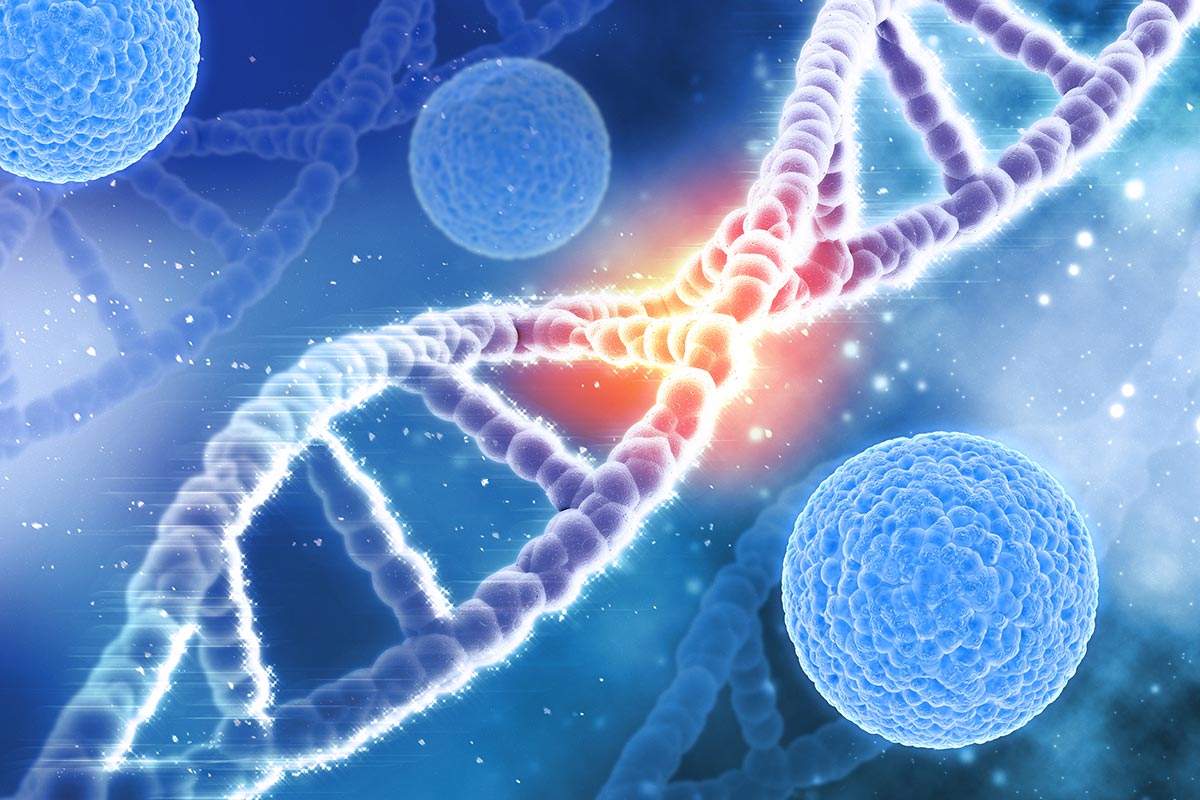Hello, everyone!
As someone deeply passionate about health and well-being, I’ve recently delved into the complex world of NAD+ and its implications for cancer prevention. It’s a topic that has fascinated scientists and health enthusiasts alike, and today, I want to share what I’ve learned and why it matters to us all.
What is NAD+?
First off, let’s break down what NAD+ actually is. NAD+, or Nicotinamide Adenine Dinucleotide, is a critical coenzyme found in every cell of your body. It plays a major role in the production of energy and is vital for the functioning of our cells, particularly in repairing DNA and regulating cellular aging.
Why NAD+ Matters in Cancer Prevention
The link between NAD+ and cancer is a subject of growing interest in the scientific community. Research has shown that NAD+ levels decrease as we age, and low levels of this coenzyme have been associated with various age-related diseases, including cancer. This is because NAD+ is crucial for the repair of DNA, which, when compromised, can lead to the development of cancerous cells.
Boosting NAD+ Levels
Given the importance of maintaining NAD+ levels, the question then becomes: How can we boost our NAD+ levels to potentially lower our risk of cancer? Here are some strategies that research suggests may help:
- Diet: Eating foods rich in niacin, such as turkey, chicken, peanuts, and avocados, can help boost NAD+ levels. Additionally, consuming fermented foods like yogurt and kombucha can also contribute, as they contain helpful bacteria that promote NAD+ production.
- Exercise: Regular physical activity has been shown to increase the levels of NAD+ in our bodies. Whether it’s a brisk walk in the park, a quick session at the gym, or even yoga, getting moving can boost this essential molecule.
- Sleep: Ensuring you get enough quality sleep is crucial for maintaining good levels of NAD+. Sleep disruptions can decrease the production of NAD+, so it’s important to establish a consistent and restful sleep schedule.
- Supplements: NAD+ precursors like NR (Nicotinamide Riboside) and NMN (Nicotinamide Mononucleotide) are available as supplements. These compounds can be converted by your body into NAD+ and might be a viable option for those looking to increase their levels directly.
Personal Observations
From a personal standpoint, incorporating these practices into my daily routine has not only boosted my energy levels but also contributed to a general sense of well-being. While the direct impact on cancer prevention will require long-term observation and more scientific evidence, the potential benefits related to overall health make these practices worth considering.
The Science Behind It
It’s fascinating to see how researchers are continuously uncovering new information about NAD+ and its effects on our health. Studies have shown promising results in how boosting NAD+ levels can enhance DNA repair and potentially reduce the incidence of cancer cell formation. While we await more definitive results, the existing data provides a strong case for NAD+ as a significant player in the fight against cancer.
Final Thoughts
As we continue to explore the complexities of how our bodies work and how various elements like NAD+ influence our health, it’s important to stay informed and proactive about our health strategies. For anyone interested in longevity and cancer prevention, keeping an eye on developments in NAD+ research could be incredibly beneficial.
Remember, while we can’t change every aspect of our health, taking steps to understand and optimize our NAD+ levels is a move in the right direction. As always, make sure to consult with healthcare professionals before starting any new health regimen, especially when it comes to supplements.
I hope this blog post has shed some light on the complex but fascinating topic of NAD+ and its role in cancer prevention. Here’s to a healthier, informed future for us all!
Stay healthy and curious,
Johanna
